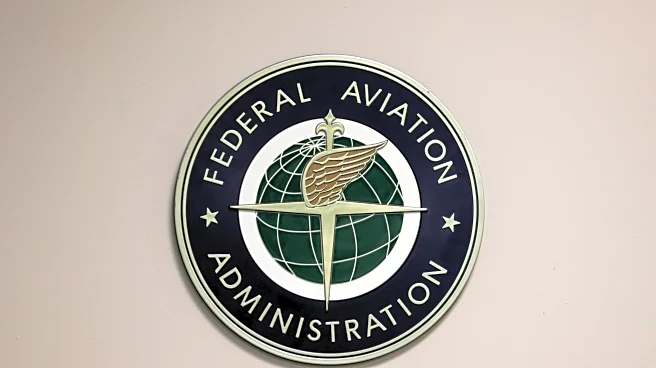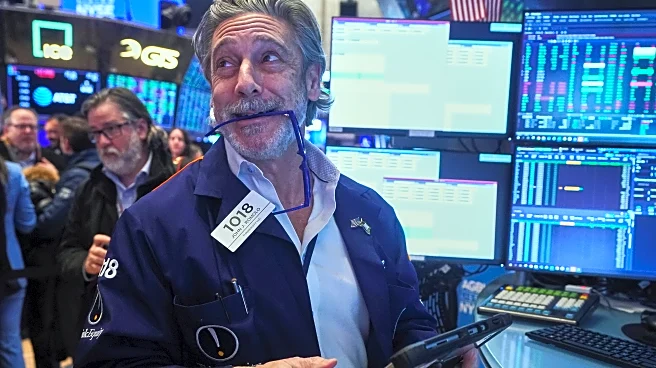What's Happening?
The United States Supreme Court has agreed to hear an expedited appeal regarding the legality of tariffs imposed by the White House under the International Emergency Economic Powers Act (IEEPA). This decision follows a ruling by the U.S. Court of Appeals for the Federal Circuit, which deemed the majority of these tariffs illegal. The tariffs, which include significant levies on trading partners such as Canada, Mexico, and China, are temporarily in place until October 14, allowing the White House time to appeal. The White House argues that the Federal Circuit's ruling creates legal uncertainty and undermines U.S. diplomatic and economic interests, affecting ongoing trade negotiations with countries like South Korea, the European Union, and Japan.
Why It's Important?
The Supreme Court's decision to expedite the review of the IEEPA tariffs is crucial for U.S. economic and diplomatic relations. If the tariffs are upheld, they could continue to impact international trade negotiations and domestic industries reliant on imports. Conversely, if the tariffs are overturned, businesses may qualify for duty refunds, potentially amounting to billions of dollars. This case highlights the balance between using tariffs as a tool for revenue and foreign policy leverage versus the legal and economic implications of such actions. The outcome could significantly affect U.S. trade policy and economic stability.
What's Next?
The Supreme Court's expedited review is set to begin in November, with a potential ruling by year-end. If the court upholds the Federal Circuit's decision, Customs and Border Protection (CBP) may halt the collection of IEEPA tariffs, leading to possible duty refunds for businesses. The White House may need to explore alternative tariff strategies to maintain revenue and manage foreign relations. The decision could also prompt investigations and opportunities for public comments, providing importers with a chance to influence future tariff policies.










